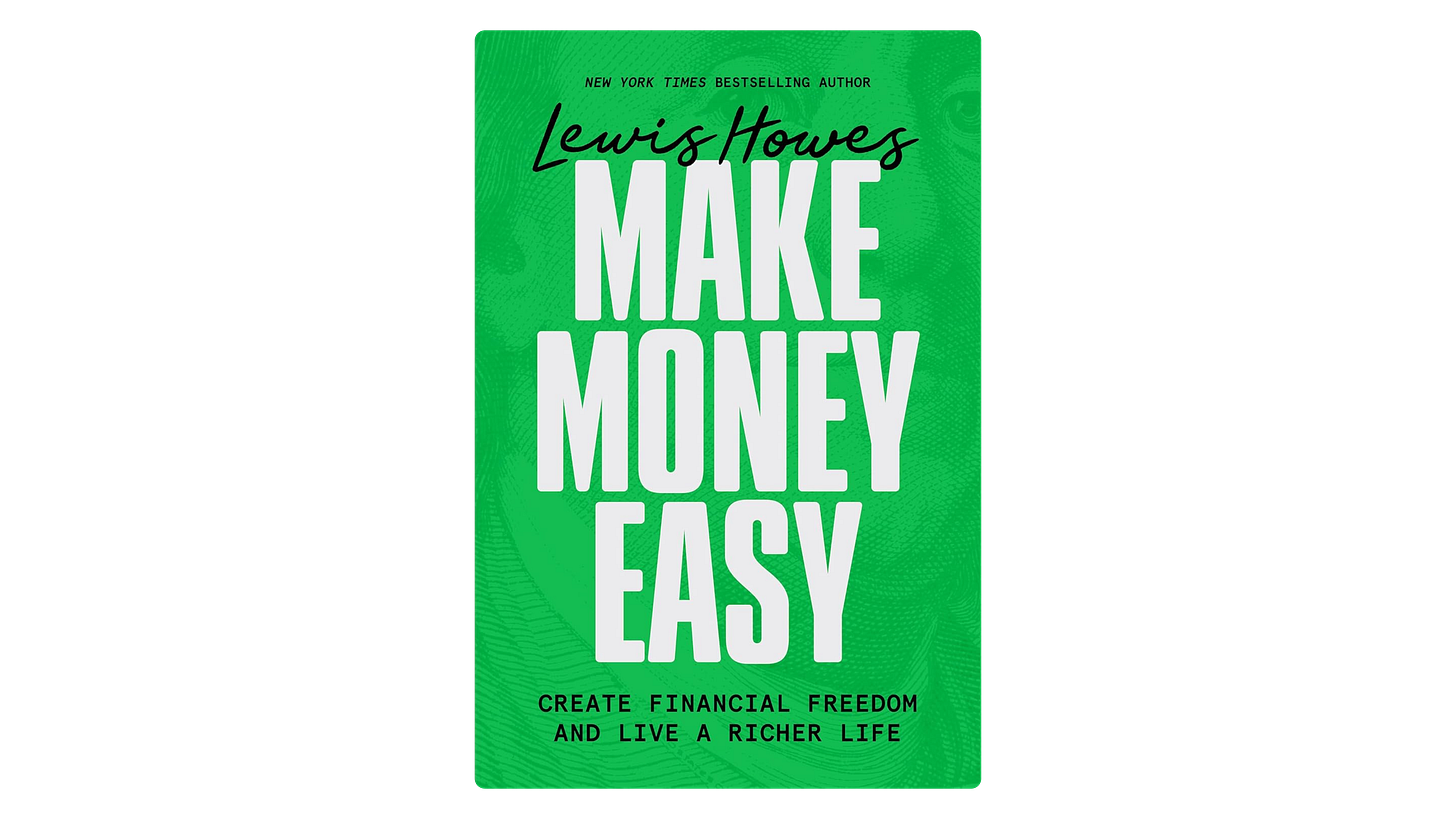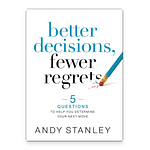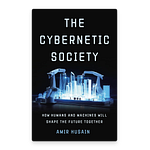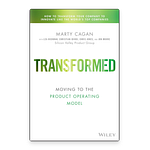Money isn’t just math. It’s emotions, habits, hopes, and pain, all wrapped into daily choices and long-term dreams.
If you’re feeling stuck or anxious about your finances, you’re not alone—almost everyone carries hidden stories and unexamined beliefs that shape their entire financial reality. Lewis Howes’s Make Money Easy invites you to confront and rew…











